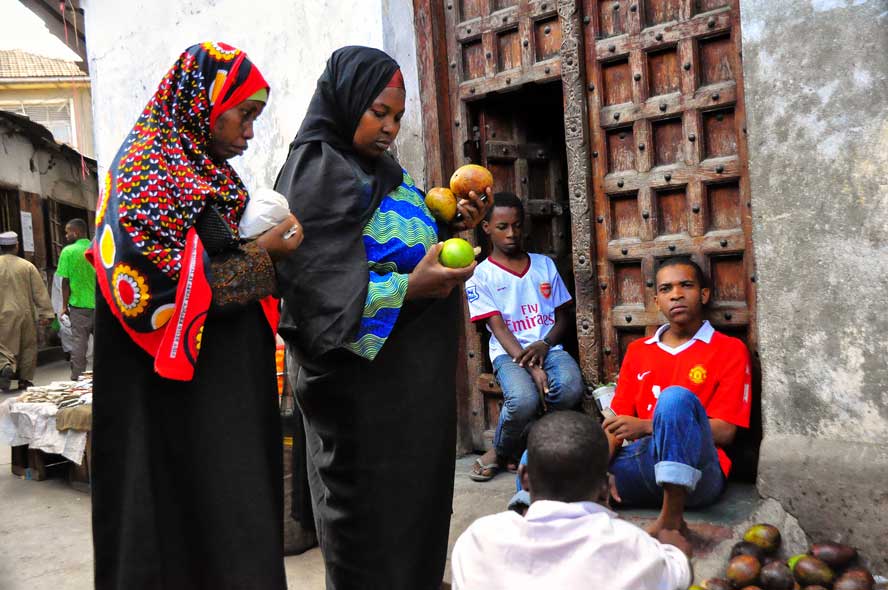Exercises
Unit Two: Communicating about sensitive topics

Proficiency Objectives
- communicate effectively on a wide variety of present, past, and future events.
- exchange general information on topics outside your fields of interest.
- handle a complication or unexpected turn of events.
- read and understand general information on topics outside your field of interest.
- read and understand messages on a wide variety of past, present, and future events.
- write well organized texts for a variety of general interest purposes.
- use appropriate presentational conventions and strategies in an oral presentation.
- write using target language and culture conventions for informal purposes.
- understand discussions and presentations on many concrete and abstract topics.
- understand narrative, descriptive, and informational texts of any length.
Content Objectives
- review and recall the proper use of the -nge- and -ngali- (contrary-to-fact conditional) tenses, recognize when it is appropriate to use them, and demonstrate their proper use in speech and writing.
- analyze the written transcript of a conversation about a sensitive topic.
- compare sensitive topics in your own, your classmates’, and East African cultures.
- prepare for a discussion about sensitive topics, including marriage and family, by acquiring necessary vocabulary and rehearsing what you might say.
Grammar Exercise
Reading Exercise
Write-to-Speak[1]
Exercise 1
Imagine you are at a party with people you don’t yet know well. Make a list in Swahili of the sorts of questions that people typically ask each other in such a setting. If you are a classroom learner, bring your list to class to compare with your classmates and your teacher. If there’s anything you aren’t sure how to ask in Swahili, make a note of it so you can ask your teacher or another Swahili speaker. Is there anything you might ask in your own culture that you would not ask in East Africa, or vice versa?
Exercise 2
Look back at the list you (and/or your classmates and teacher) came up with in Exercise 1, and identify any topics that are potentially sensitive, problematic, or offensive to some people and/or in some contexts. If you are a classroom learner, discuss possible reasons why some of these questions might be sensitive, problematic, or offensive (for example, to what kinds of people? in what contexts?) If you are an independent learner, share your list with various Swahili speakers in person or online and find out which topics they might find problematic and why.
Exercise 3
Family and marriage are topics likely to be sensitive to some people in some contexts. Make a list in Swahili of some possible reasons for this. (For example, In the interview with Hasaan, he didn’t like to be asked about his age because he was adopted and thus didn’t know exactly when he was born.) If you are a classroom learner, bring your list to class to compare with your classmates and your teacher and discuss. If you are an independent learner, discuss your list with a Swahili speaker online or in person.
Exercise 4
Role play with a classmate or conversation partner a “getting to know each other” conversation at a party, using some of the questions you listed for Exercise 1. If you are a classroom learner, your teacher will assign you roles. After the role play, discuss with your classmates and teacher how you handled (in terms of content) the unexpected complication or sensitive issue that arose. Would you do anything differently in the future? How did you handle it linguistically? Are there words you need to learn or grammar you need to review in order to do this better in the future?
Exercise 5
Write a short narrative about a time when you had a sensitive conversation with someone and how they or you handled the problematic issue. If you are a classroom learner, you may also share your story in class orally. If you are an independent learner, share your story with your conversation partner orally or in writing, or post it online to seek feedback from other Swahili speakers.
Permissions and credits
- Write-to-Speak Exercises 1-3 are adapted from Curran, Greg. 2006. “Responding to Students’ Normative Questions About Gays: Putting Queer Theory Into Practice in an Australian ESL Class.” Journal of Language, Identity & Education 5 (1): 85–96. ↵

